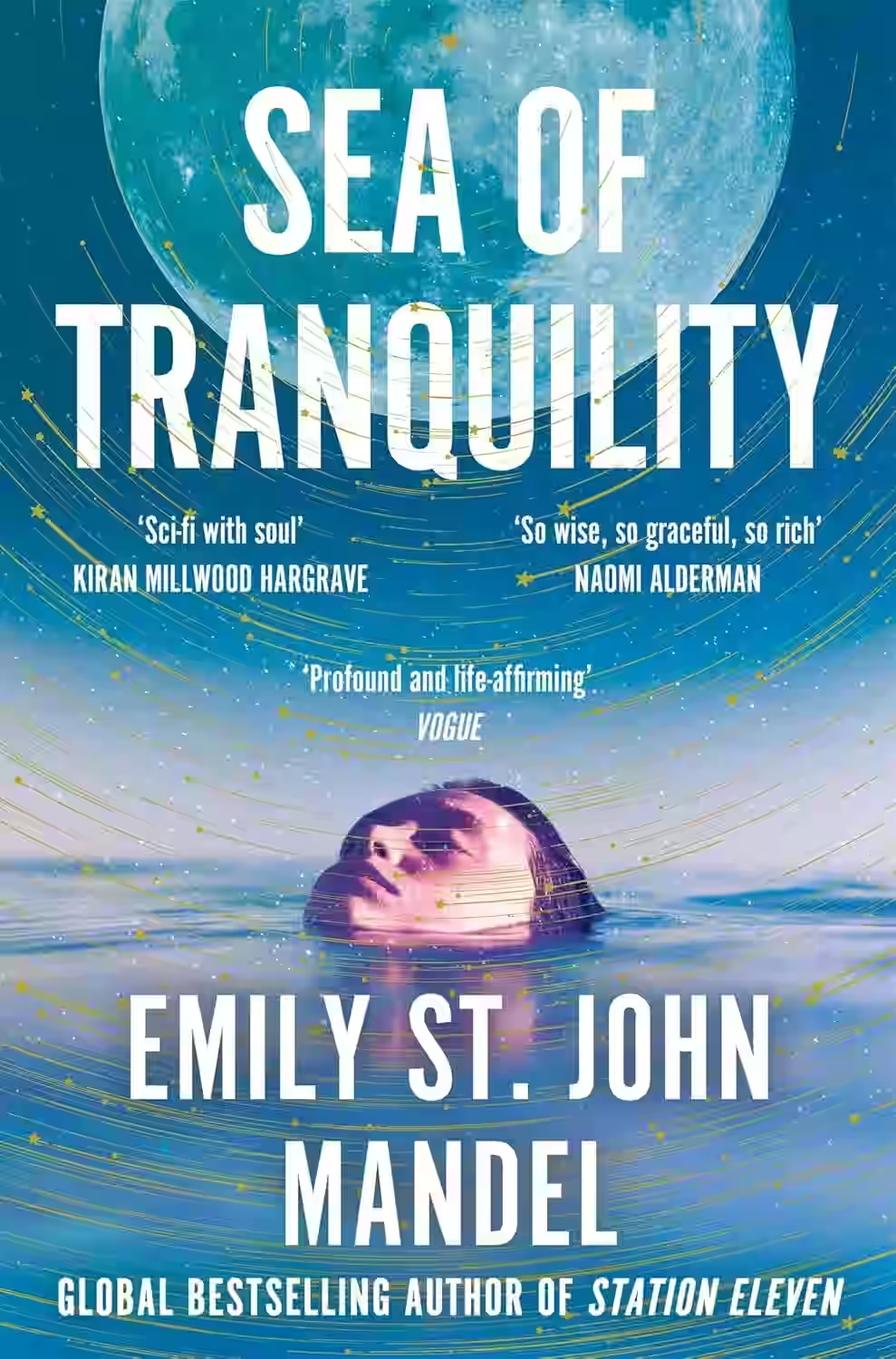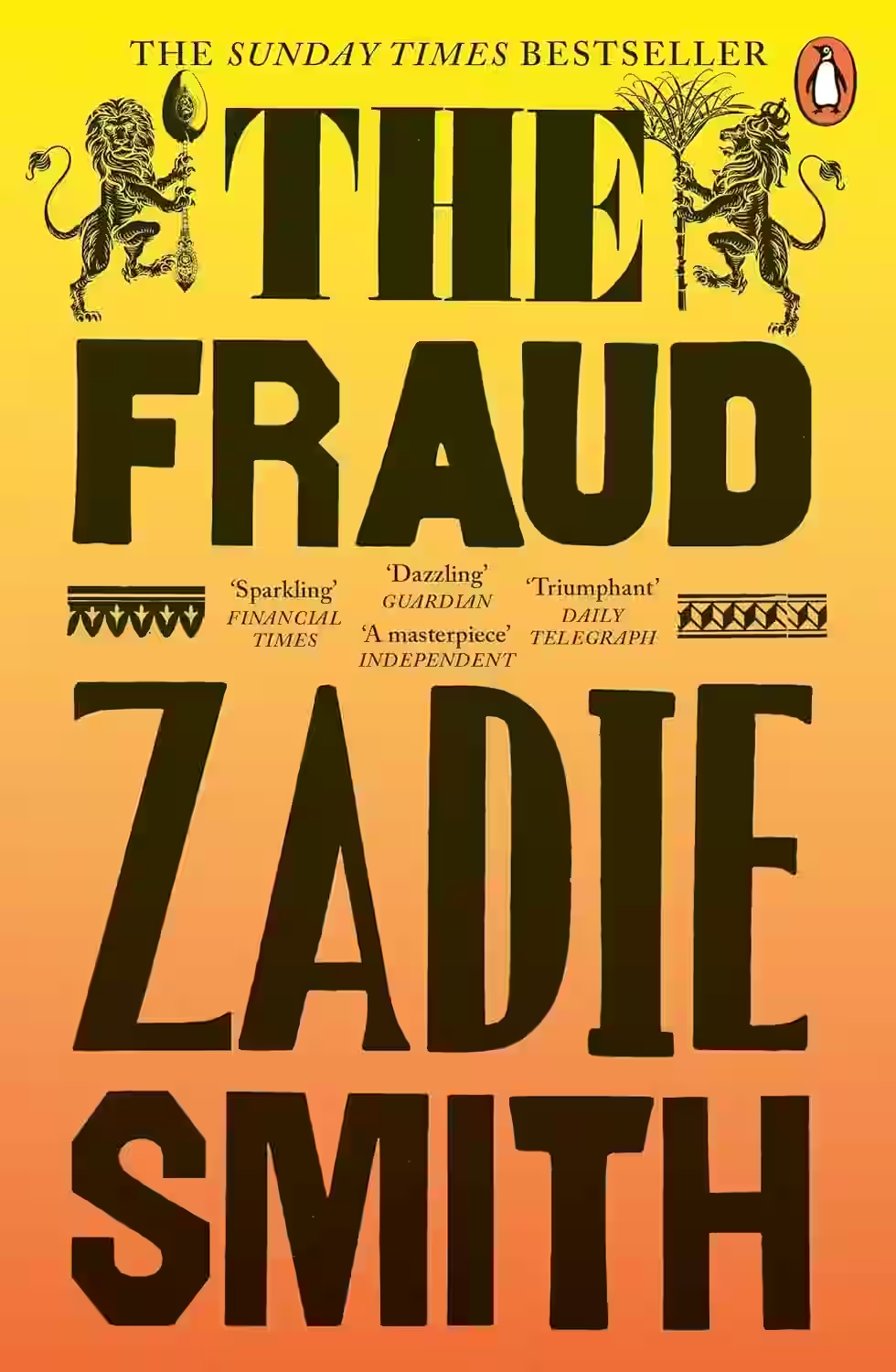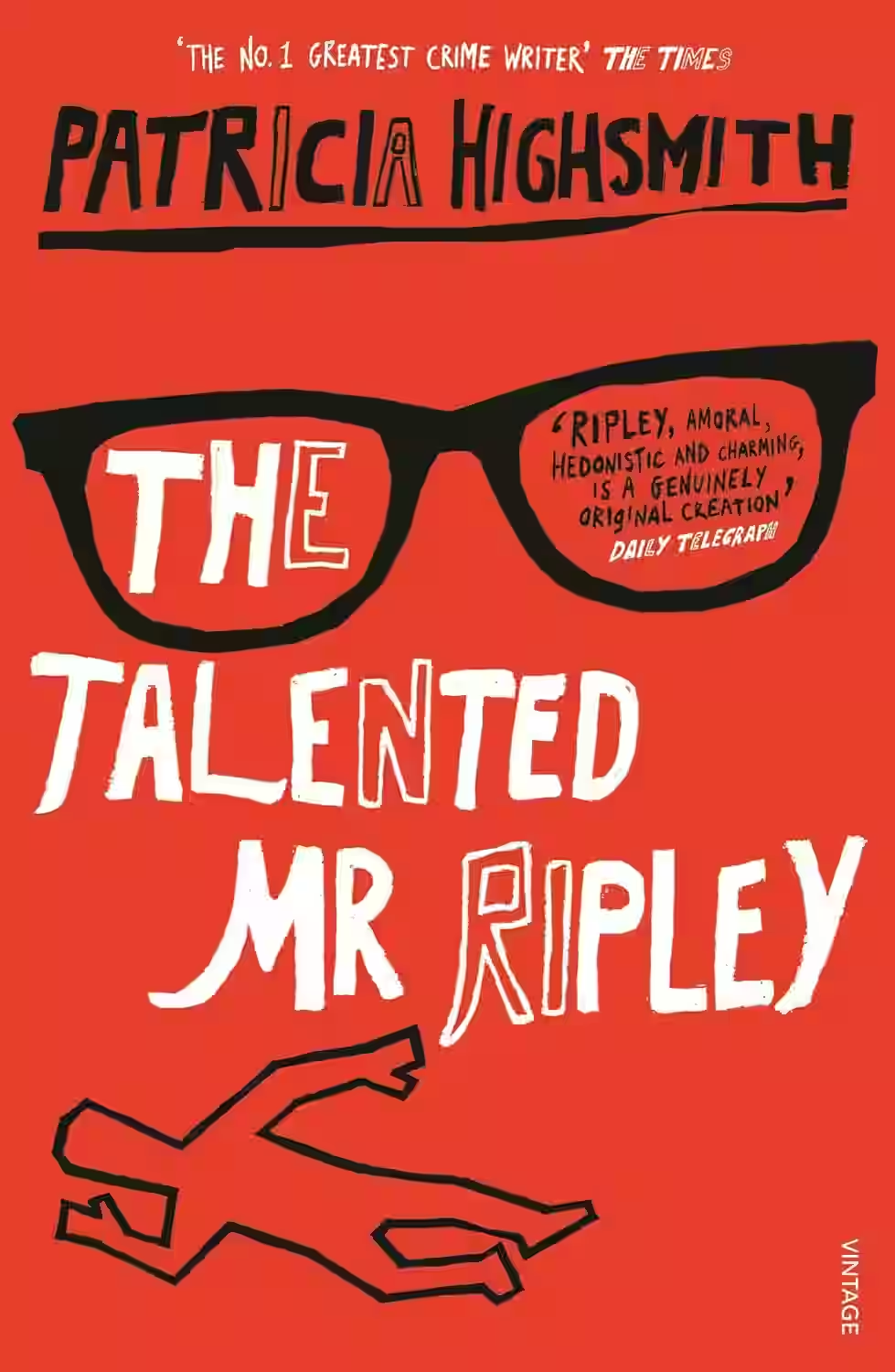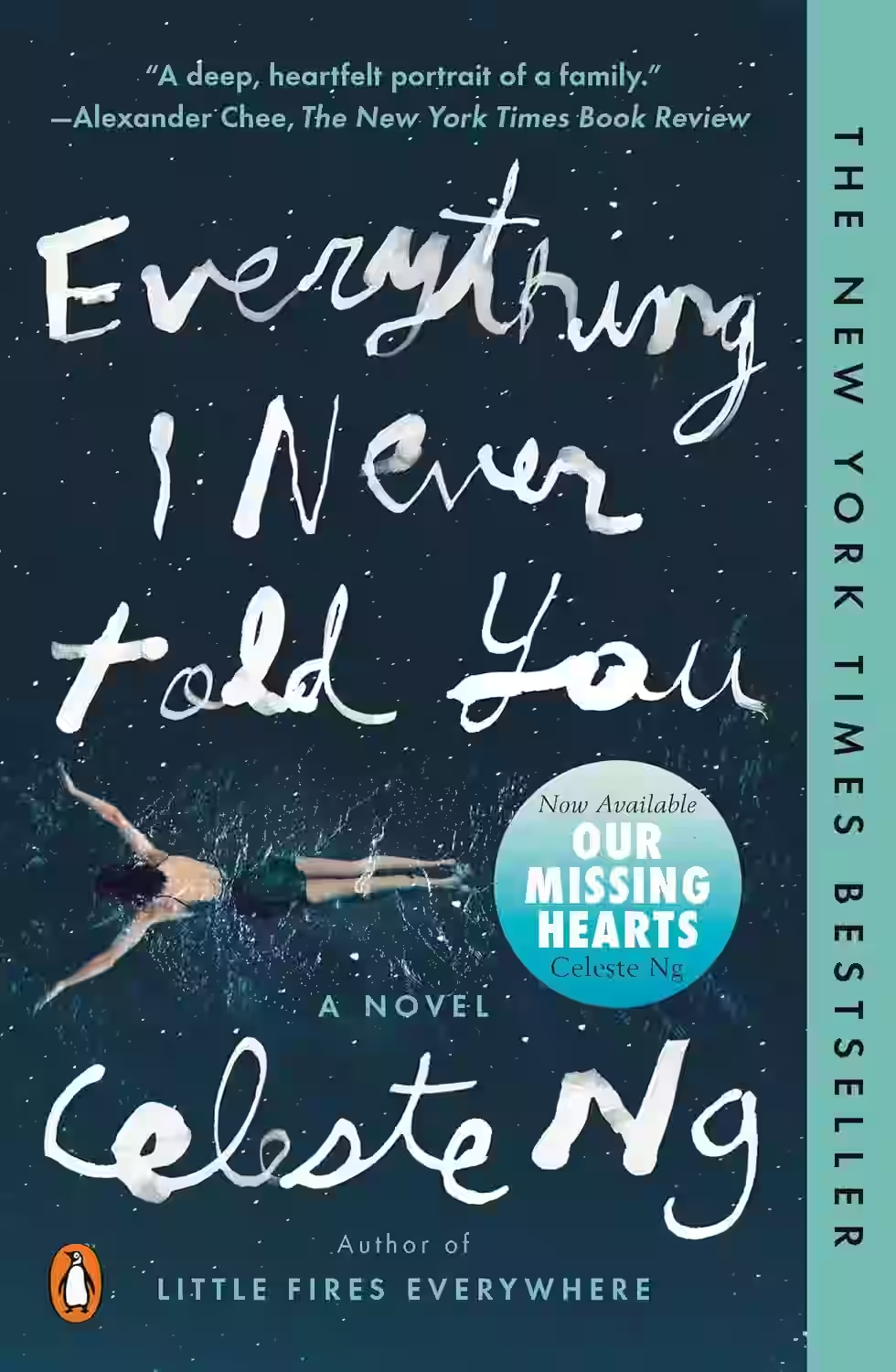
Vincent is the beautiful bartender at the Hotel Caiette, a five-star glass-and-cedar palace on the northernmost tip of Vancouver Island. New York financier Jonathan Alkaitis owns the hotel. When he passes Vincent his card with a tip, it's the beginning of their life together. That same day, a hooded figure scrawls a note on the windowed wall of the hotel: 'Why don't you swallow broken glass.' Leon Prevant, a shipping executive for a company called Neptune-Avramidis, sees the note from the hotel bar and is shaken to his core. Thirteen years later Vincent mysteriously disappears from the deck of a Neptune-Avramidis ship. Weaving together the lives of these characters, Emily St. John Mandel's The Glass Hotel moves between the ship, the towers of Manhattan, and the wilderness of remote British Columbia, painting a breathtaking picture of greed and guilt, fantasy and delusion, art and the ghosts of our pasts.
About Emily St. John Mandel
A Canadian author known for her speculative fiction that often explores themes of memory, time, and the interconnectedness of human experience. Her acclaimed novel, Station Eleven, depicts a post-apocalyptic world with a focus on art, culture, and the resilience of the human spirit. Mandel's elegant prose and thought-provoking narratives have earned her critical praise and a wide readership.
Other Books by Emily St. John Mandel

Station Eleven
Station Eleven by Emily St. John Mandel is a haunting and beautifully written novel set in the aftermath of a devastating pandemic. It weaves together the lives of a Hollywood actor, a nomadic group of performers, and survivors clinging to remnants of the old world. Spanning decades and shifting between past and future, the story explores memory, art, and human connection in the face of collapse. As the Traveling Symphony brings Shakespeare to scattered settlements, Mandel examines what remains when everything else is lost. A moving, literary tale of resilience and the enduring power of storytelling.

Sea of Tranquility
This evocative passage introduces a multi-layered narrative spanning centuries and locations, from the 19th-century Canadian wilderness to a future moon colony and a "Night City." Edwin St. Andrew's mysterious experience with the violin in the airship terminal sets a strange, unsettling tone. Two centuries later, author Olive Llewellyn unknowingly echoes this event in her pandemic novel, hinting at a deeper connection. Detective Gaspery-Jacques Roberts' investigation into a wilderness anomaly promises to unravel the threads linking these disparate lives and the unsettling possibility of timeline disruption. The blend of historical exile, futuristic settings, and a central, unexplained event creates an intriguing premise.
Similar Books

The Wildlands
by Abby Geni
In 'The Wildlands,' Abby Geni crafts a haunting exploration of loss, survival, and ecological reverence amidst a world scarred by disaster. Set in the aftermath of a catastrophic tornado that obliterates a family farm in rural Oklahoma, the novel follows the McCloud siblings as they grapple with poverty and fragmented dreams. Significant themes include the transformative power of grief and the unique bonds formed in shared hardship. Geni interweaves elements of a thrilling adventure with profound contemplations on humanity’s impact on the natural world. Engaging and poetic, 'The Wildlands' invites readers into its vivid landscapes and complex character dynamics.

The Fraud
by Zadie Smith
Set in 19th-century London, The Fraud reimagines the Tichborne Trial—a real-life Victorian scandal—as a lens through which to examine truth, authorship, and identity. At the story’s center is Eliza Touchet, housekeeper and cousin to novelist William Ainsworth, who becomes entangled in the trial of a butcher claiming to be a long-lost aristocrat. Through Eliza’s sharp observations and moral grappling, Zadie Smith interrogates class, empire, race, and the shifting lines between fact and fiction. With her signature wit and depth, Smith crafts a historical novel that feels urgently modern, revealing the social and literary frauds that still echo today.

The Talented Mr Ripley
In 'The Talented Mr. Ripley' by Patricia Highsmith, readers are introduced to the complex and captivating character of Tom Ripley. The novel follows Tom as he becomes enmeshed in a world of deception, manipulation, and murder. Highsmith expertly delves into themes of identity, social class, and morality, keeping readers on the edge of their seats with unexpected twists and turns. Through Tom's perspectives and actions, the author raises intriguing questions about the nature of evil and the lengths a person will go to in order to achieve their desires. 'The Talented Mr. Ripley' is a chilling psychological thriller that leaves a lasting impression.

Everything I Never Told You
by Celeste Ng
In 'Everything I Never Told You' by Celeste Ng, the Lee family is shattered by the mysterious death of their daughter, Lydia. Set in the 1970s, the book explores themes of identity, family dynamics, and the pressure to conform to societal expectations. Ng delicately weaves together the past and present, unraveling family secrets and the complexities of human relationships. Through lyrical prose and compelling characters, the novel delves into the consequences of unspoken truths and the impact of cultural and racial tensions. It is a poignant and thought-provoking exploration of love, loss, and the struggle for acceptance.